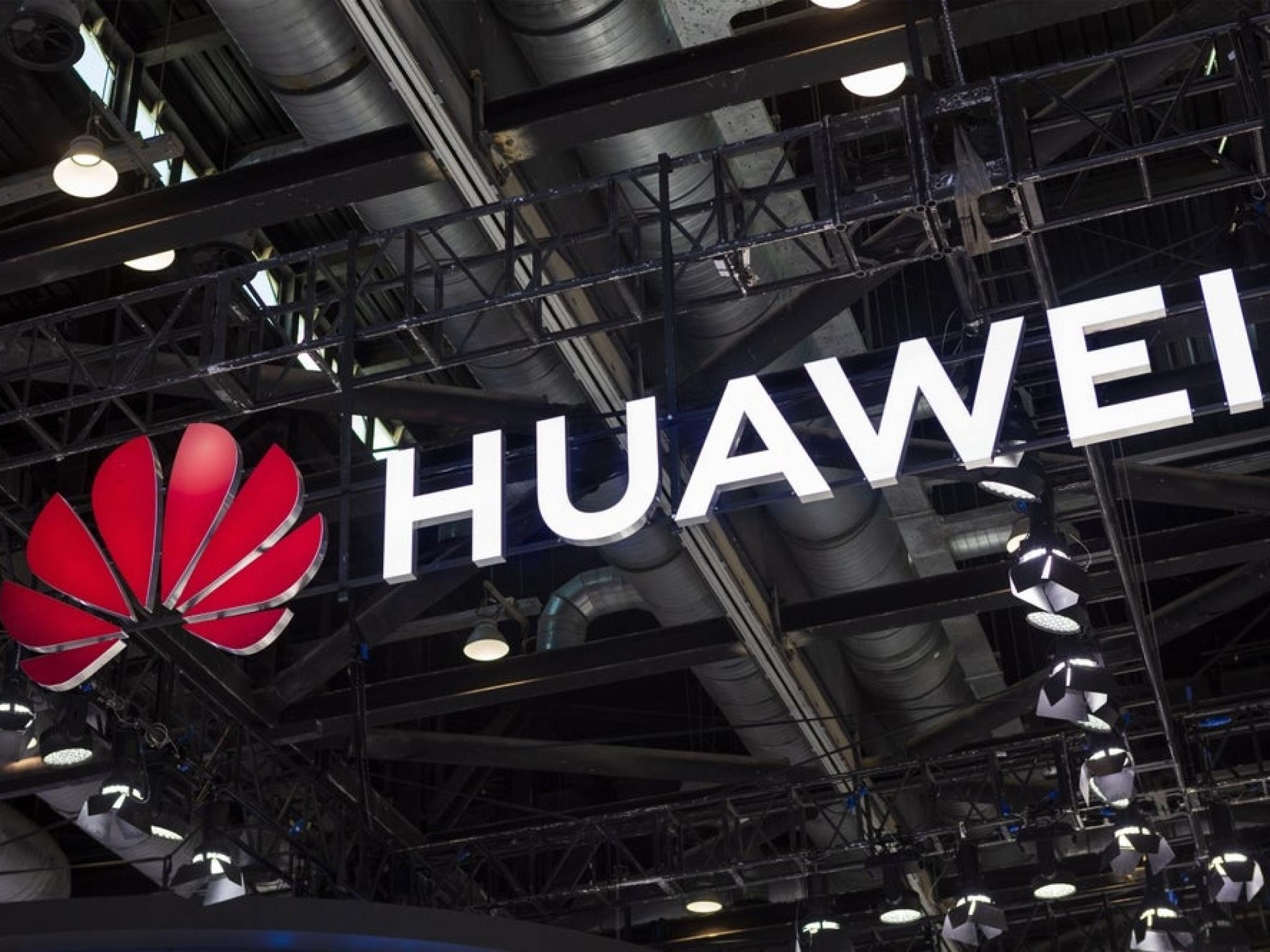
China's Huawei Technologies will replace Google's Android with its in-house developed operating system in smartphones and tablets starting next year.
What Happened: On Tuesday, at a live-streamed event, Huawei announced that its Mate 70 series will debut HarmonyOS Next, the latest iteration of the company's operating system, reported Bloomberg.
The Mate 70 and Mate 70 Pro will be available on Dec. 4, marking the company's first flagship phones without any reliance on Android, the open-source OS by Alphabet Inc.'s (NASDAQ:GOOG) (NASDAQ:GOOGL) Google.
Richard Yu, chairman of Huawei's consumer business group said that the Mate 70 series is expected to deliver a 40% performance boost over its predecessor. The device has a starting price of $760 (5,499 yuan) for the 6.7-inch model.
See Also: Apple’s 2024 Black Friday Deals: Gift Cards Over Discounts — Here’s What You’ll Get
Meanwhile, the HarmonyOS Next will take another two to three months to improve user experience, but the plans remain to integrate it into future devices.
The Mate 70 series is expected to include Huawei's in-house Kirin chips, although their performance might lag behind those of competitors like Qualcomm Inc. (NASDAQ:QCOM) and MediaTek.
Huawei has forecasted production of more than 10 million units over the product’s life cycle, indicating strong expectations for demand.
Subscribe to the Benzinga Tech Trends newsletter to get all the latest tech developments delivered to your inbox.
Why It Matters: The new devices aim to compete directly with Apple Inc. (NASDAQ:AAPL) in China’s premium smartphone market.
In the third quarter of this year, Huawei’s market share in China increased to 15.3%, up from 8.6% last year. This development marked it as a strong rival to Cupertino in the high-end smartphone arena.
Earlier this year, Huawei also surpassed Samsung Electronics Co. (OTC:SSNLF) in global foldable smartphone shipments.
Meanwhile, Google generates billions from Android, mainly via the Play Store. In the third quarter of 2024, Google Services reported $76.5 billion in revenue, a 13% increase year-over-year.
Moreover, the decision to move away from Android is significant considering the ongoing U.S. sanctions that have limited Huawei's access to critical technologies. Other Chinese tech companies are seeking ways to reduce their reliance on foreign technology.
Price Action: As of this writing, Alphabet's Class A shares rose 0.047% in after-hours trading to $169.20, while Class C shares increased by 0.11% to $170.80. During Tuesday's regular session, Class A shares closed up 0.88% at $169.12, and Class C shares ended 0.70% higher at $170.62, according to Benzinga Pro data.
Apple’s stock gained 0.94% on Tuesday, closing at $235.06, and saw an additional 0.20% rise in after-hours trading. Since the year began, Apple stock has risen 26.62%, more than the Nasdaq 100 index's 26.47% gain in the same period.
Check out more of Benzinga’s Consumer Tech coverage by following this link.
Read Next:







